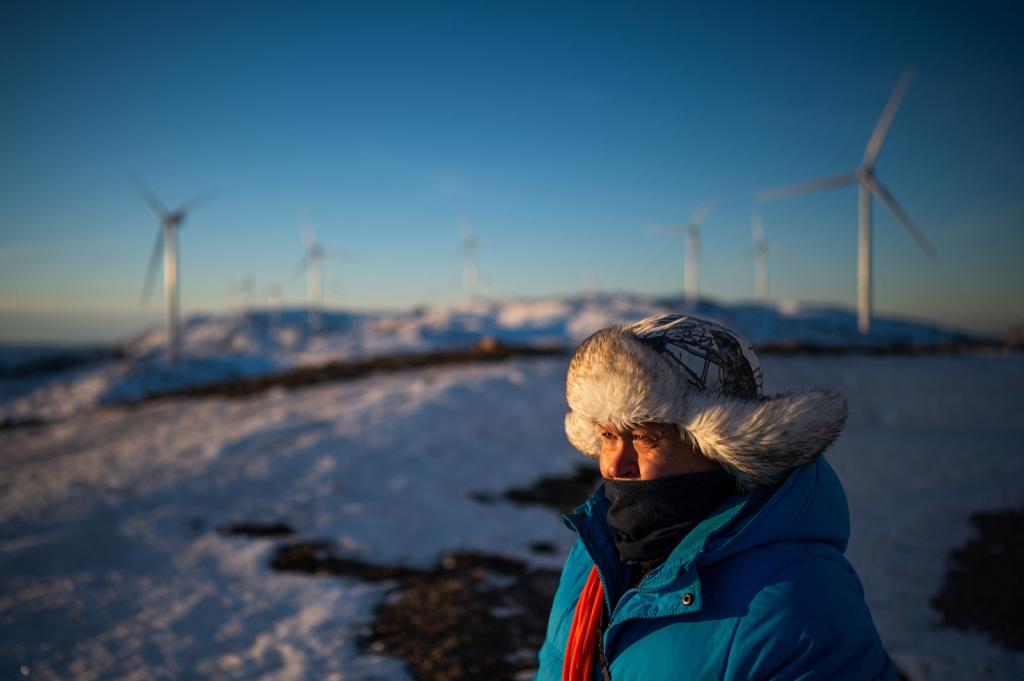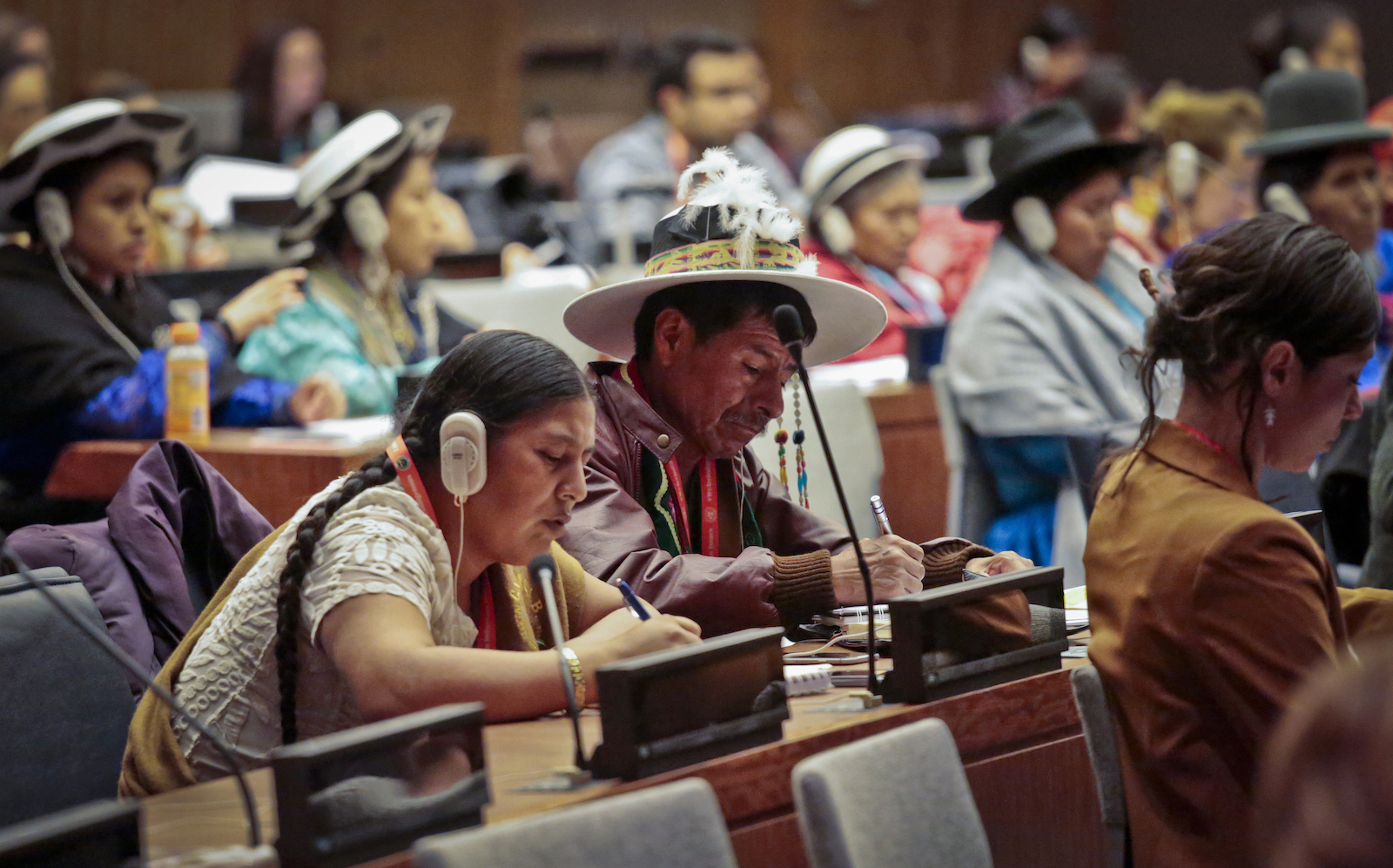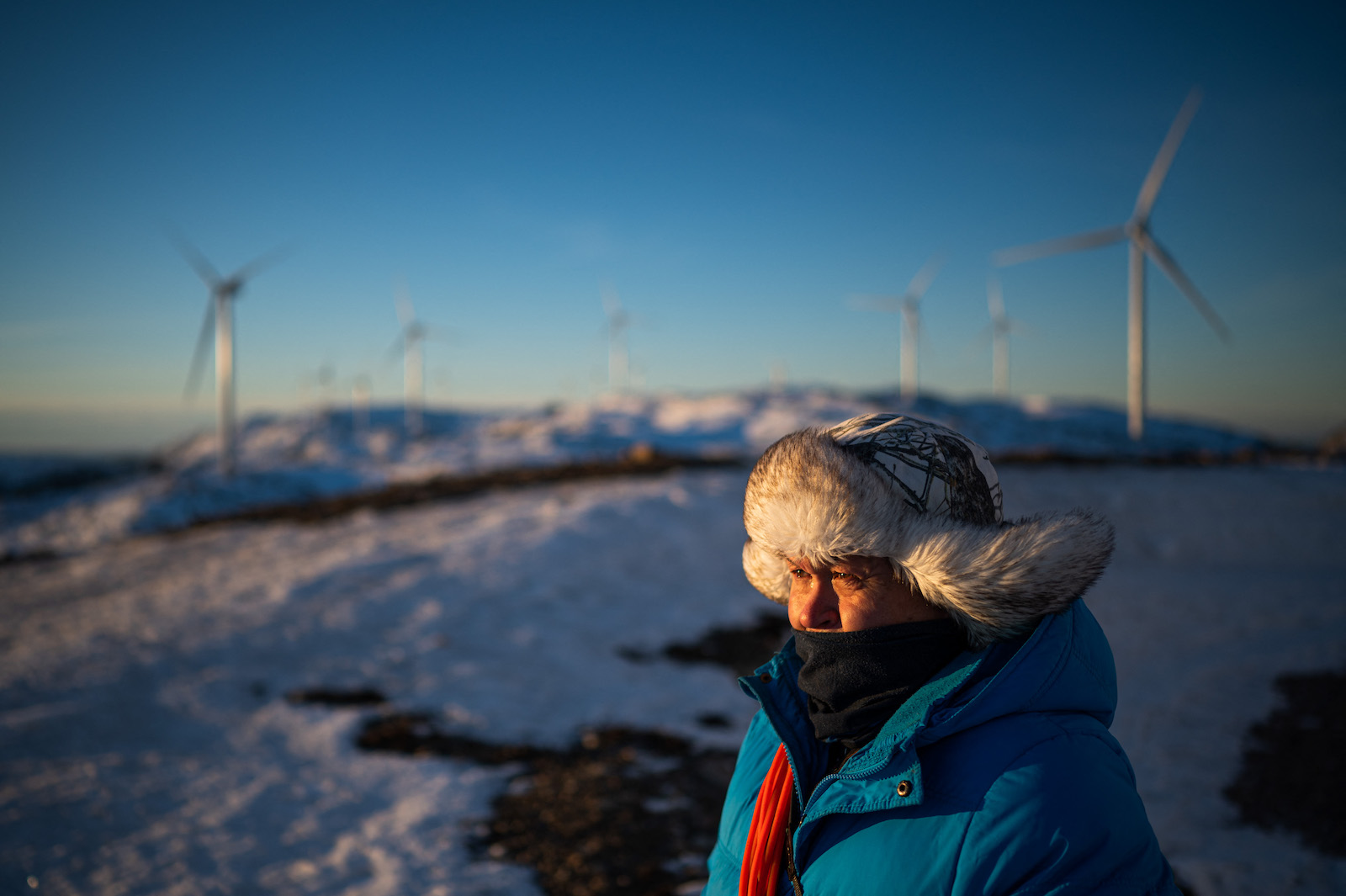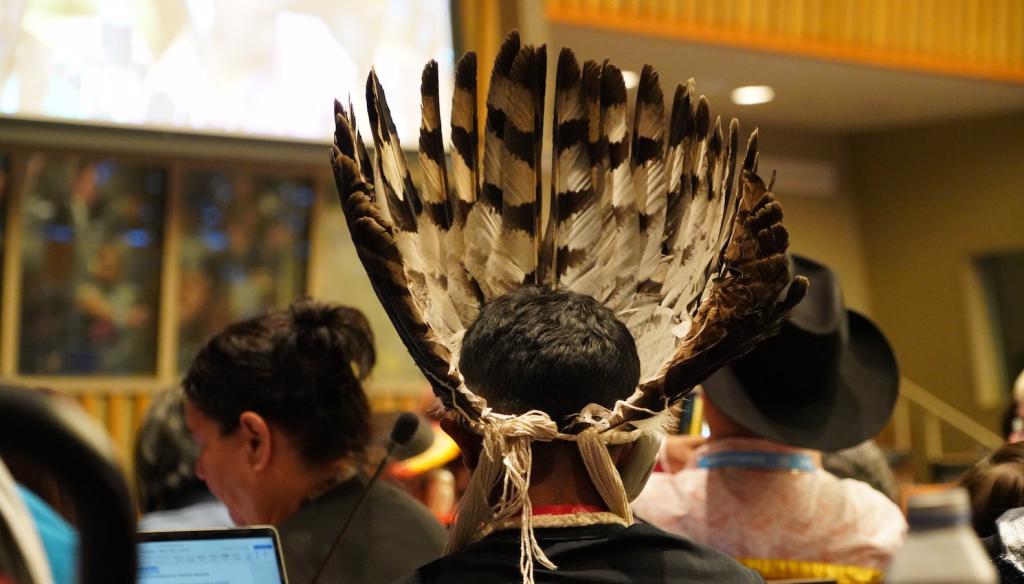Indigenous peoples are largely being excluded from trillions in global spending to mitigate climate change, with governments doing little to ensure that climate funding not only respects Indigenous rights but supports Indigenous-led green projects.
That’s according to a new report focused on green financing by the United Nations Special Rapporteur on the rights of Indigenous Peoples, José Francisco Calí Tzay, which will be discussed at the U.N.’s Human Rights Council this month. The 54th regular session of the United Nations body kicked off last week in Geneva.
“The shift to green finance is necessary and urgent, and if done using a human rights-based approach it can be a source of opportunity for Indigenous Peoples to obtain funding to preserve their lands, knowledge and distinct ways of life, and to create economic opportunities that may help them to maintain and strengthen their indigenous identity,” wrote Calí Tzay, who is Kaqchikel, among the Mayan peoples of Guatemala.
The Special Rapporteur’s report comes eight years after the Paris Agreement, an international climate change treaty to limit global warming, called for $100 billion in annual funding to address the effects of climate change in developing countries. That goal is still aspirational, but overall sustainability investment continues to grow, with a 2020 analysis estimating it reached $35.3 trillion in 2020.
Green financing, a term that broadly refers to investments in climate action and sustainable development, is increasingly seen as a critical tool for addressing climate change. However, a 2019 working paper from the Asian Development Bank Institute concluded that financial institutions continue to support fossil fuel projects over green development because the former have higher rates of return. The study’s authors emphasized a need to boost green financing in order to reach sustainable development goals established by the United Nations the same year as the Paris Agreement.
Many green development projects take place on Indigenous lands. At Thacker Pass in the United States, Indigenous nations have sued the federal government over a lithium-mining operation that’s expected to support the Biden administration’s push toward electric vehicle batteries, but at the cost of producing hazardous waste and disturbing burial sites. In Norway, wind turbine development continues to violate the rights of Sámi communities. The Special Rapporteur’s report says more green projects are expected to take place on Indigenous lands and governments should ensure their rights are respected.
Calí Tzay points out that Indigenous peoples have largely been excluded from having a say in such green energy projects, with many communities being perceived simply as “vulnerable” rather than as rights holders. As well, an analysis by the Rights and Resources Initiative and the Rainforest Foundation Norway found that just 17 percent of $270 million in global climate and conservation funding that’s invested annually in Indigenous and local communities actually supports projects led by Indigenous people. Far less — only 5 percent — goes to projects led by Indigenous women.
Some international finance organizations have policies requiring free and informed consent designed to safeguard such rights, but Calí Tzay added that they aren’t consistently applied.
“In Africa and Europe, wind farms and geothermal projects have been undertaken without their free, prior and informed consent,” he wrote. “Too often, Governments and foreign investors assume that land used by nomadic herders and pastoralists is simply “empty”. Investors too often rely on formal registration of State or private ownership, or government assurances that land is available to use, when a diligent independent analysis prior to investment would have indicated that the land may be subject to the customary rights of Indigenous Peoples.”
The Special Rapporteur emphasized the importance of making it easier for Indigenous peoples themselves to access funding, echoing concerns raised by the Indigenous Peoples of Africa Co-Coordinating Committee, or IPACC, an organization that represents more than 100 Indigenous communities in Africa. The group was among several that submitted comments to Calí Tzay ahead of the report’s publication in July.
“Issues of lack of effective consultations are common in most green financing projects,” IPACC wrote, noting that in some cases Indigenous peoples live in vast landscapes with limited communication. Such consultation is extremely important when projects such as hydroelectric dams have the potential to displace Indigenous communities or use their land and resources “without their consent or compensation.”
The Special Rapporteur concluded state governments bear the largest responsibility for ensuring Indigenous people are active participants in green projects by establishing regulations and legal frameworks to ensure their involvement, but noted private funding, like philanthropy, may have more flexibility to directly support Indigenous groups.
Not everyone who provided input on the report agreed with that conclusion. The Indigenous Environmental Network, a U.S.-based coalition of Indigenous activists, was skeptical about the push for private financing, writing that capitalistic pressures are likely to prevent private funders from respecting Native rights.
“Placing climate finance in the hands of the private sector prioritizes the chase for perpetual growth over Mother Earth and threatens the lands, livelihoods, and cultures of Indigenous Peoples and impacted communities,” the coalition wrote. “In reality it is the endless search for profit that has driven us to the current state of climate catastrophe.”
Still, Calí Tzay stopped short of discouraging private funding for green projects, contending that better public and private policies that guarantee the rights of Indigenous peoples could make a difference.
“The purpose of the present report is not to condemn or deter the financing of green projects and green market strategies,” he wrote, “but to ensure that Governments and other financial actors take all precautions to ensure their support for the much-needed transition to a green economy and that climate change action does not perpetuate the violations and abuses currently plaguing extractive and other fossil fuel-related projects.”
An interactive dialogue about the report is expected to take place on Thursday, September 28.




